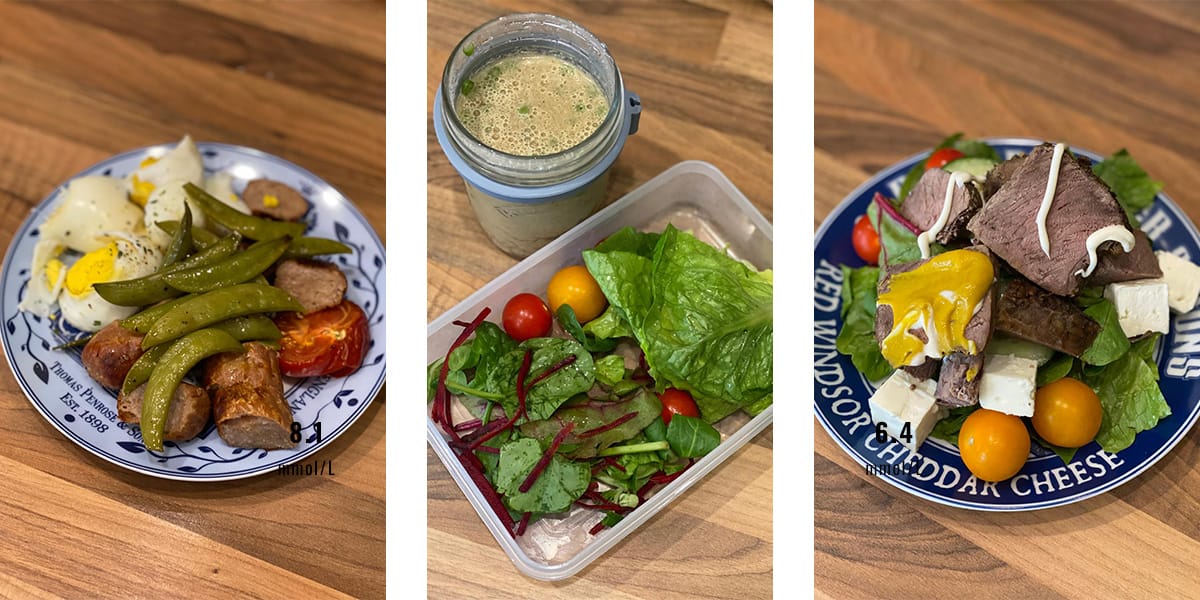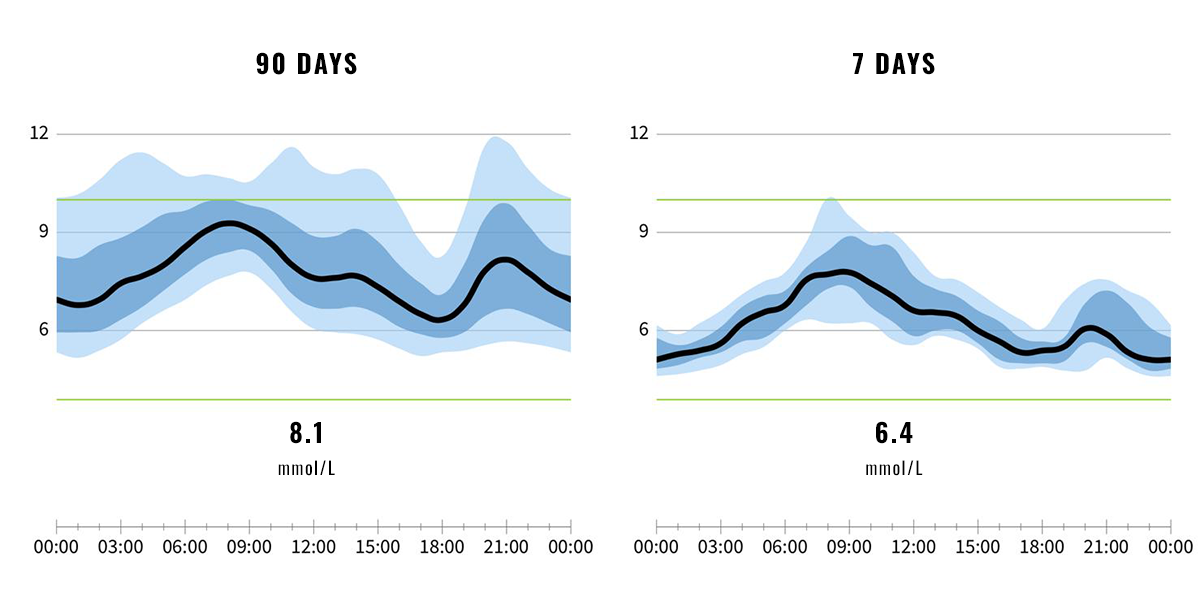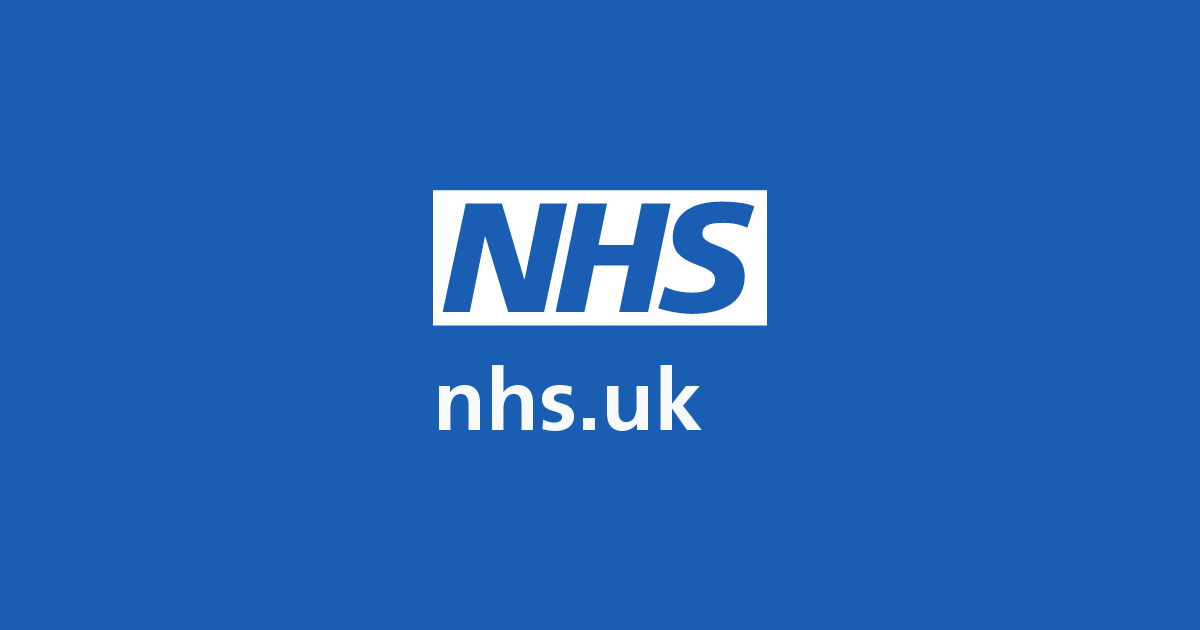What I learned this week #2
Dropping carbohydrate intake by 30% can drastically improve blood glucose control in a matter of days

The last week has been a key turning point for me. The biggest change has been a dramatic drop and leveling out of my blood glucose levels. My 7-day rolling average glucose level on my CGM has dropped from 7.3 to 6.4 mmol/L in just three days. Normally it takes a lot of effort to get it to drop by 0.1-0.2 in a week. I've also had my diabetic review and convinced my diabetic nurse to allow me to come off my gliclazide medication. I'm putting this drastic improvement down to reducing my net carbohydrate intake down from around 80g per day to below 50g. I've been reading up a lot on the benefits of a ketogenic diet being used in treatment of type 2 diabetes ("not recommended" even though it has been proven to put type 2 diabetes into remission). So, I've cut down my carbohydrate portions just to see if I would be able to realistically attempt this kind of diet before doing further research. As an example I had one baby roast potato instead of four with dinner and no bread with breakfast or lunch.
To put this 50g target in perspective, standard dietary recommendations for carbohydrate intake are around 300g (or a third of all total macronutrients). That strikes me as absurd as I'm currently eating an average of 291g of food per day (total across all macronutrients) which works out at 1,720 calories, and I'm not feeling hungry frequently at all and I feel like I have more energy than I know what to do with.

Why does this matter?
We're battling long-standing myths about carbohydrates and fats that have become dogma based on bad science since the 1970s.
Some people think starchy foods are fattening, but gram for gram they contain fewer than half the calories of fat.

This goes to the root of why we have increasingly poor metabolic health in the UK. I guess I'm the rather condiscedingly put 'some people' and here's why... Not all calories are equal. The above statement completely ignores the intricate metabolic processes that happen in the body when consuming different macronutrients. The human body is not like a car that burns one kind of fuel. It treats each of its several fuel compenents very differently and they compete for which one will be used first.
Any amount of sugar or starch will result in increased glucose absorption into the blood stream. This raises insulin levels to transfer glucose into cells to give them energy they need. That's generally a good thing, but when insulin levels are elevated all the time, it causes strain on the energy factories (mitochondria) in your cells becuse of the excesive amounts of glucose being forced into them. This is insulin resistance, which is the root cause of type 2 diabetes. Insulin also inhibits the release of fatty acids from fat cells (lipolysis) and burning of fat (oxidation) as energy. That means that you are stuck in glucose-burning and fat-storing mode so any extra glucose you consume above your immediate requirements will be stored as fat.
People with a healthy metabolism will be able to fully process glucose efficiently and don't need to worry about severe carbohydrate restriction. It's the continuously high levels of insulin that are problematic in type-2 diabetes.
Glucose is absorbed much more quickly into the blood stream from carbohydrate sources than fat or protein. Startches will make you feel fuller faster than any other macronutrient (rapid decrease in the hunger hormone ghrelin) but that inital sense of satiety will end after about 3 hours (when ghrelin will shoot up to around 37% above the previous baseline). That, along with the resulting drop in blood sugar will make you more hungry than if you had consumed a much smaller amount of fat or protein.
For type 2 diabetes, where insulin resistance has become chronic, then your body is not able to absorb the required energy from the glucose in the blood stream and this lack of energy in the brain causes your hypothalamus to declare itself "very hungry" as your brain tries to burn glucose that it is stuggling to absorb into its cells. So if you are insulin resistant and you eat 300 grams of carbohydrate in a day, you're going to feel more hungry than if you'd eaten the same amount of calories from fat and will probably end up eating a lot more than the recommended 300 grams.
Protein is more satiating than fat, but beyond a certain level that your body is able to process, the excess will be used for energy or stored as fat. Protein also causes a larger spike in blood glucose (although not as high as carbohydrate). So once you've consumed an adequate amount of protein, the next best food source to make you feel full is fat.
Those extra calories in fat will be offset by the satiating effects resulting in you eating less. For example, I eat an average of 116 grams of fat per day which works out at 1,040 calories. Now if I was to eat 300 grams of carbohydrates per day that would be 229 grams more than I normally eat which is 916 calories that would not give me the same level of calorific energy in my cells, making me feel more hungry and therefore for approximately equivalent 1,000 calories, I'm now feeling tired and hungry so will end up eating more and doing less exercise.
I get the feeling that a lot of specialists giving dietary advice are worried about blood glucose levels dropping too low (hyopglycemia) due to consuming low levels of carbohydrates. That might be an issue if you are taking certain medications that lower blood sugar, or if you have a more complex form of diabetes than standard type 2. Normally, your body will naturally produce glucose from stored glycogen and fat in a process called de novo gluconeogenesis which is exactly what we're supposed to be doing if you need to lose weight. That's how weight loss happens.
Fat slows down the rate of flow of nutrients from the stomach (gastric emptying) which will slow down the rate of glucose absorption into the blood stream. This means you'll feel fuller for longer.
What to do about it
Don't take my word for it. Go find answers for yourself, but do ask questions so that you fully understand why you are making any dietary changes. Don't just follow someone's advice because you feel they are in a position of authority.
When I was first diagnosed with type 2 diabetes I was overwhelmed with all of the dietary information and changes I was being asked to implement, especially in the face of contradictory evidence. I have been trying to figure this out for five years now, and one thing I have always insisted on, is making a few small incremental changes over time in order to practice habit-forming. If you repeat something every day for a few months it will eventually become an instinctive habit that you don't even need to think about doing anymore.
If you try to change everything at once you are likely to feel burned out and it is very easy to slip into a state of denial about the need to manage your blood glucose. I have found this comes about as thinking, "I know I need to do something about this but I just need to get through today/this week/to the end of this month and I'll make a start then." This is similar to "I'll start my new diet next week."
If you're just starting out on trying to make positive changes then my target of 50 grams of carbohydrate per day is not going to be realistic. That will seem like an intimidating thing to attempt. I have been there, weighing over 20 stone five years ago. It has taken me five years to lose around 5 stone and this is a lasting change, it's not a yo-yo diet. I have done this largely by cutting down UPFs (Ultra Processed Foods) before even starting to look at macronutrients. It takes time and at first things will taste bland as you wean yourself off the sugar and artifical flavourings but over time you'll find your sense of taste becomes much more sensitive and you'll find too much sugar or artificial flavourings completley overwhelming and unpleasant.
By the way... there's nothing natural about 'natural flavouring'. A truly 'natural' flavouring would just be an ingredient, like strawberries or apples. Same goes for 'extracts'. Those terms indicate a food is UPF which is a whole new article for another day.
Cut down sugary treats/drinks.
Cut down supermarket bread.
Start eating your food in the right order: veggies, protein, fats, starches, sugar.
Stop having sugar or artificial sweetners in hot drinks.
Avoid cafenated drinks first thing in the morning and try to wait until at least an hour after breakfast.
Start cooking or preparing food from scratch.
Try something like strawberries and full fat cream instead of cake or opening a pack of biscuits.
Swap some carbs for cheese. Especially grass-fed dairy such as goat's cheese or feta.
Swap breakfast cereal or toast for full fat Greek yoghurt with nuts and berries, meat and eggs, or a simple omelette.
Try improving your sleep routine. e.g. get some sunshine first thing in the morning.
Look at ways to reduce your stress levels.
Start a small daily exercise routine. Start at 5-10 minutes if it feels overwhelming to start with. You do not need to join a gym.
Medication can have potentially dangerous implications for any changes to your diet.
If you are taking any medication, have any known health issues, or have any new symptoms that haven't been diagnosed please discuss them with a doctor.
Do ask them to make any recommendations make sense.



